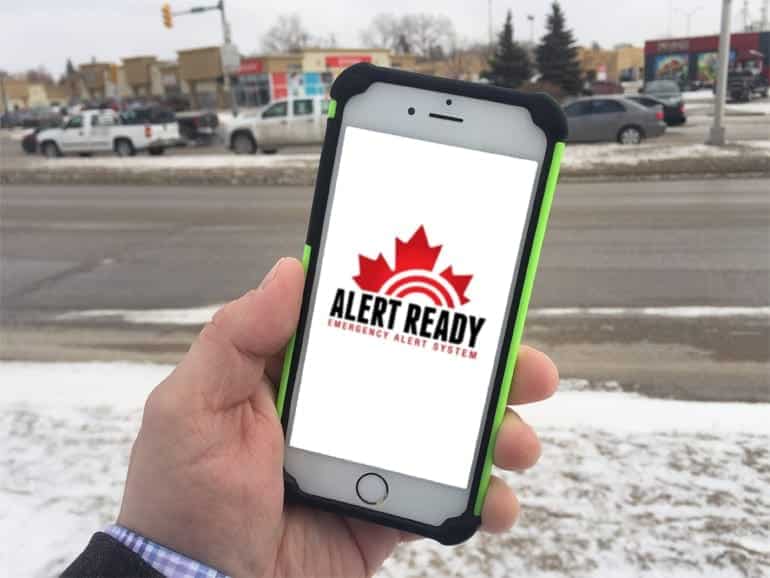Canadian Emergency Alert Systems – Ontario Preparedness
As home to Canada’s capital city, the province of Ontario might be looked to by some as a community that should have its act together in the emergency preparedness sector.
If you’ve read some of our most recent posts, you’ve read about AlertReady, Canada’s new nation wide public alerting system. Testing is starting this May! In Ontario and Quebec, residents will be receiving test alerts on May 7, with residents in most of the rest of Canada receiving test alerts on May 9.
As you can imagine, adding cellphones to a national standardized alert system should help inform residents more rapidly in times of crisis—and get everyone on the same page so that communities can work together towards survival. If you’re hoping to participate in the test on May 7 or May 9, it’s recommended that you test if your phone is capable of receiving alerts by visiting AlertReady before the test date.
A few things for residents to note:
- There is no opting out of the alert system.
- Alerts will be bilingual (English and French).
- The alert will appear as a text message but with a unique signal sound.
- Alerts will be triggered by Amber Alerts, forest fires, natural disasters, terrorist attacks or severe weather.
- If your smartphone is off, it will not be turned on by the alert.
Similar alerting systems have already been rolled out in other countries. Because it’s new to Canada, we will be have to be patient as emergency management researches best practices and continues optimizing the system.
Ontario in specific also has its own “Alert Ontario” system that covers three alert levels:
- Red alerts for life-threatening situations: large fire or explosion, chemical leak or spill, nuclear emergency, transportation accident, floods, extreme weather alerts, pandemics
- Amber alerts: endangered children
- Emergency Information Advisories: providing Ontarians with information and recommended actions to take regarding current or evolving emergencies
In the event of a public emergency, Ontarians are advised to be prepared for at least 72 hours of self-reliance. This ideally means that you have an emergency kit ready to grab, along with a practiced household emergency plan (see what to include here).
If you live in Ontario, it’s a great idea to sign up for these localized alerts and emergency-related information notices. The more practice you have thinking through what you’d do in an emergency, the more prepared you’ll be. That’s why alert systems, even when they misfire in beta mode, are a good idea!
– Written by Sophie Wooding of Victoria BC







